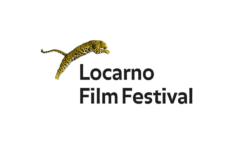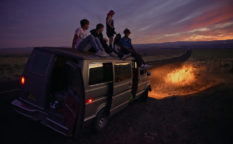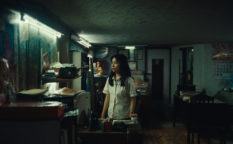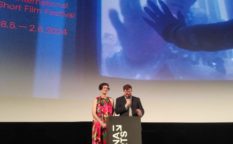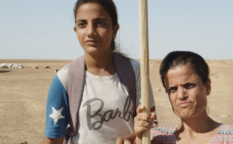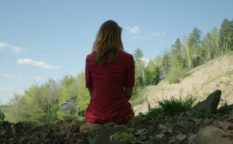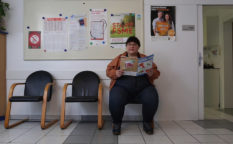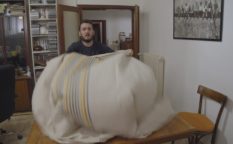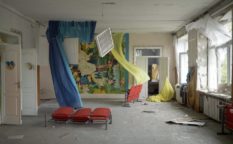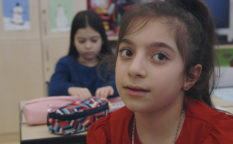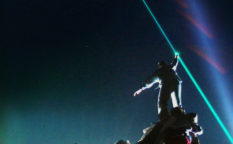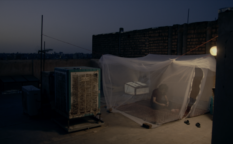Review: Journey to the Sun (2021)
Crossing Europe Film Festival
European Panorama Documentary
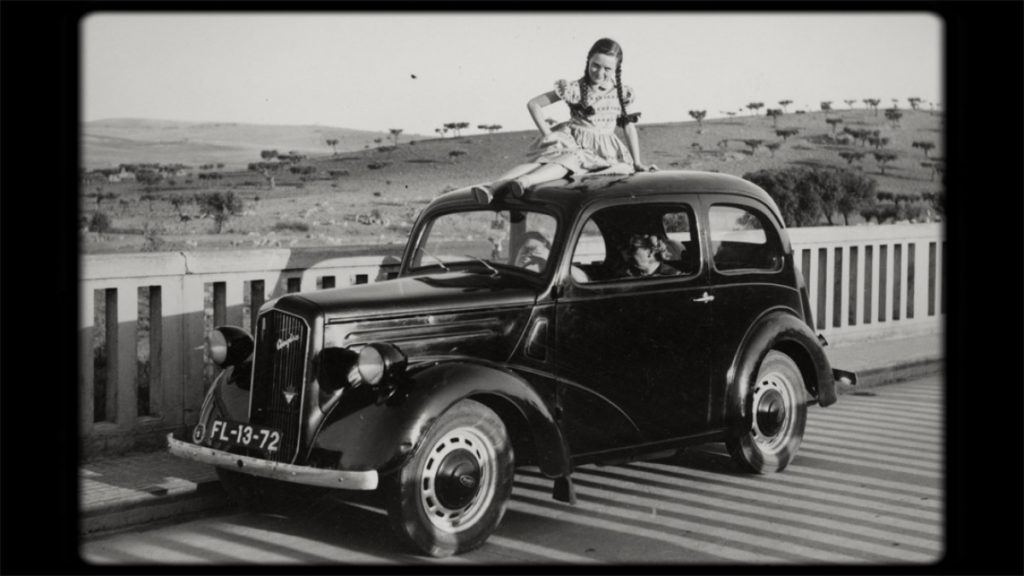
Some people’s destinies tend to get overlooked and some events are destined to remain in the shadow of bigger ones. For instance, there were certainly children who survived the horrors of WWII, but the tragedy of those who did so in the Axis countries is lesser-known, which does not make it any less tragic. Did you know that, in the late 40s, Caritas kept the operation in which the poor and orphaned children from Austria were taken to spend a certain period of time, usually six months, in Portugal which was one of few European countries that was spared of the war-time destruction? To some, this event is merely a footnote in the big-scale picture, but for many it was completely unknown.
The documentary Journey to the Sun by the duo of filmmakers consisting of the experienced Portuguese documentarian Susana de Sousa Dias and the German producer Ansgar Schäfer tells the story less told. It premiered at last year’s edition of IDFA, and was screened both at Crossing Europe and IndieLisboa, which served as the national premieres of this Austrian-Portuguese co-production.
The story itself would serve well as a conventional made-for-TV documentary, but the filmmakers had other plans: to make it an immersive experience somewhat related to video-installation based on archival material (photographs and films), sometimes manipulated to a certain effect in an experimental way, and fragmented, yet vivid memory recollections narrated by the first-hand witnesses, nowadays elderly people. The film’s structure is pretty chronological and straight-forward, but the narrators constantly “colour” the events with their personal memories, their remembered sentiments and adopted attitudes. Naturally, there are no destinies that are the same, some of them fared better, others worse, but the shock of being taken from the familiar environment and transferred to another one, twice, is common for all of them.
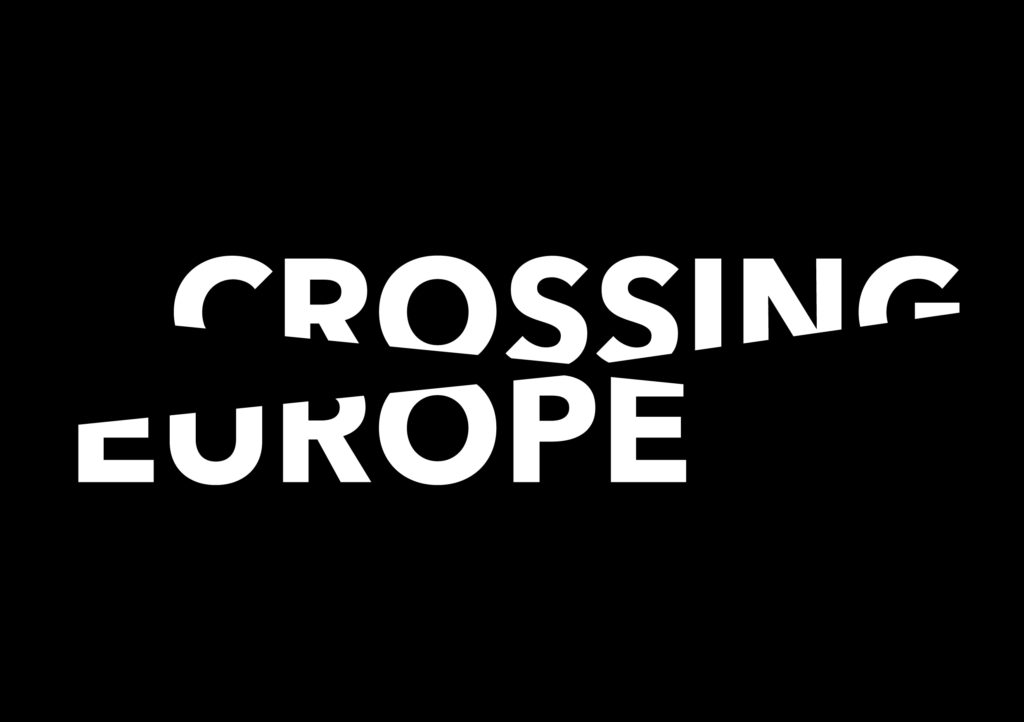
Some parts of the narrative basis are simply common places: post-war poverty, culture shock, first encounter with another climate and foreign language, splendour or poverty the children faced once they got to Portugal (depending on their individual luck), the shock of going back home once they adopted another one. Some of them are highly unimaginable from the perspective of present times, like the fact that the children were sent on a five-day ship journey with little to no guardianship of the adults and with labels around the necks as the only form of “ID”, or the “marketplace” atmosphere in the port where the “adoptive parents” were choosing the children they would host for a period of time. But sometimes the devil is in the details, like the passing observations about the level of ideological indoctrination in Salazar’s Portugal, or the fact that some of the narrators are quite fluent in Portuguese, implying the question if they stayed there or they went back to their “new homeland” once they reached the adulthood.
Interesting story aside, Journey to the Sun outstays its welcome with a runtime of nearly two hours. Two things contribute to that crucially: the sheer number of narrators and their stories sometimes feels disorienting, and the source visual material is neither of great quality nor variety. The filmmakers rely on the experimental manipulation to make it appear more appealing and also on the exquisite music and sound design by Dídio Pestana to fill the soundscape. Novelty and craft values prove to be enough for Journey to the Sun to become and remain a documentary worth at least one viewing.
Original title: Viagem ao Sol
Year: 2021
Runtime: 110’
Countries: Austria, Portugal
Languages: German, Portuguese
Directed by: Susana de Sousa Dias, Ansgar Schäfer
Written by: Susana de Sousa Dias, Ansgar Schäfer
Cinematography by: Mário Espada, Nikolaus de Macedo Schäfer, Ansgar Schäfer
Editing by: Susana de Sousa Dias, Mário Espada, Nikolaus de Macedo Schäfer, Ansgar Schäfer
Music by: Dídio Pestana
Sound design by: Dídio Pestana
Sound by: Susana de Sousa Dias, Ansgar Schäfer
Visual effects by: Irma Lucia
Colourist: Gonçalo Ferreira
Produced by: Ansgar Schäfer
Production company: Kintop
Sales by: Portugal Film – Portuguese Film Agency

